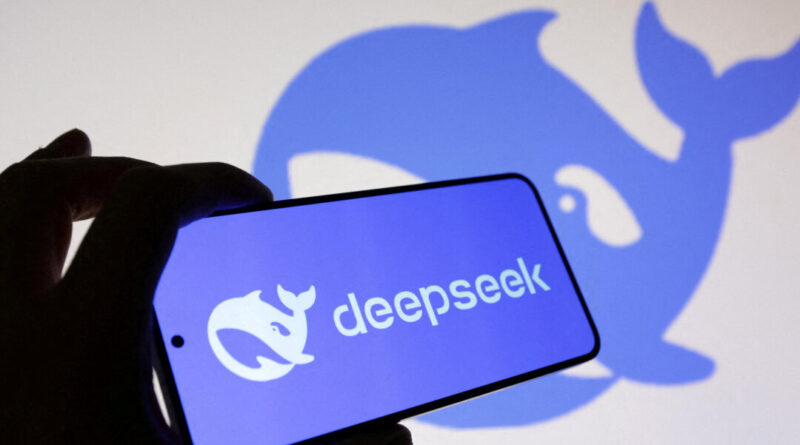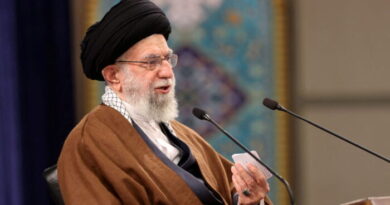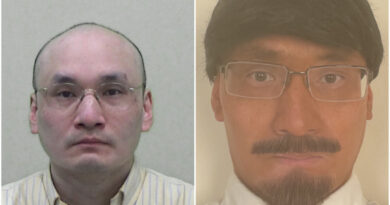South Korea confirms DeepSeek shared user data with TikTok’s parent company
The DeepSeek AI app was removed from South Korea’s app stores on Feb. 15 due to data privacy concerns.
South Korea’s data protection regulator on Tuesday alleged that Chinese artificial intelligence (AI) startup DeepSeek was sharing user data with ByteDance, the Beijing-based parent company of TikTok.
“We confirmed DeepSeek communicating with ByteDance,” the regulator told the local news outlet, without providing further details about its findings.
South Korea’s regulations require companies operating in the country to obtain consent from users before handing over their personal data to any third party, according to the report.
The Chinese startup offered to cooperate after the PIPC sent a formal inquiry requesting information on the personal data collected by the DeepSeek app and its handling of that data, according to local reports.
Speaking to reporters on Monday, Chinese foreign ministry spokesman Guo Jiakun said Beijing requires companies “to strictly abide by local laws and regulations in doing business overseas.” He also urged South Korea to refrain from “politicizing” trade and tech issues.
Under Beijing’s counterespionage law, companies in China are required to hand over their user data if requested by Chinese Communist Party (CCP) authorities.
“Unlike other generative AI services, it has been confirmed that chat records are transferable as it includes a function to collect keyboard input patterns that can identify individuals and communicate with Chinese companies’ servers such as volceapplog.com,” the National Intelligence Service said in a statement on Feb. 10.
ByteDance’s video-sharing app TikTok has also faced scrutiny amid concerns that the CCP could potentially access U.S. consumer data collected by the app. The app was briefly shut down in the United States on Jan. 19 due to a law signed by then-President Joe Biden, which required ByteDance to divest or face a nationwide ban.
The Epoch Times reached out to DeepSeek for comment but did not receive a response by publication time.
Owen Evans contributed to this report.





